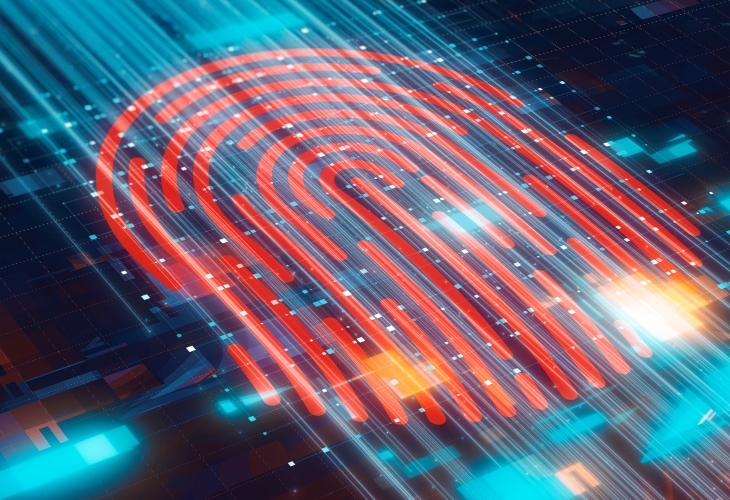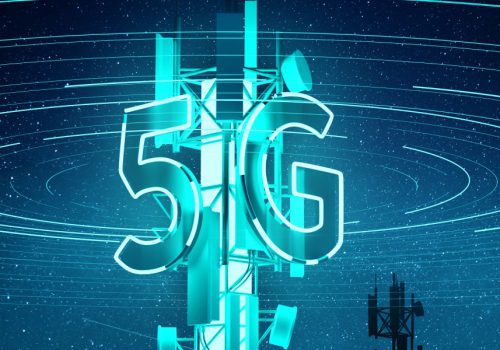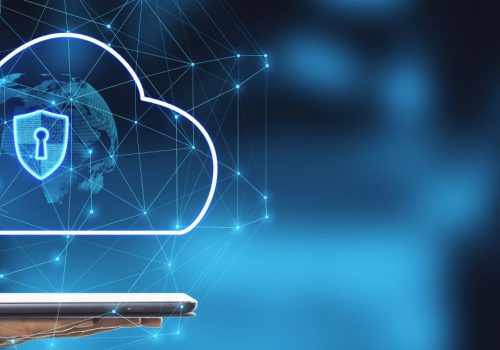In a world where digital communication forms the backbone of our connected society, ensuring the security and privacy of data is paramount. While effective, traditional encryption methods face growing challenges from advances in computing technology. Enter quantum encryption, a groundbreaking approach poised to revolutionize data security. This article explores the advancements in quantum encryption, its potential to transform secure communication, and the implications for the future of cybersecurity.
Understanding Quantum Encryption
Quantum encryption, also known as Quantum Key Distribution (QKD), is a technique that leverages the principles of quantum mechanics to secure data transmission. Unlike classical encryption, which relies on mathematical algorithms and computational complexity, quantum encryption exploits the fundamental properties of quantum physics to create a communication channel that is theoretically immune to eavesdropping.
The Basics of Quantum Mechanics
To grasp quantum encryption, it is essential to understand a few basic principles of quantum mechanics:
- Quantum Superposition: Particles can exist in multiple states simultaneously until measured. This property allows quantum systems to represent and process a vast amount of information concurrently.
- Quantum Entanglement: Two or more particles become interconnected in such a way that the state of one particle instantaneously influences the state of the other, regardless of distance. This phenomenon can be utilized to synchronize and transmit information securely.
- Heisenberg Uncertainty Principle: The principle states that it is impossible to simultaneously measure, both the position and momentum of a particle, with absolute precision. In the context of quantum encryption, this means that any attempt to eavesdrop on quantum communication will inevitably alter the quantum state and be detected.
Quantum Key Distribution (QKD)
QKD is the primary application of quantum encryption.
It involves generating and sharing a secret key between two parties using quantum states, such as photons. The key features of QKD include:
- Quantum Bit (Qubit): The fundamental unit of quantum information, which can represent both 0 and 1 simultaneously due to superposition.
- Quantum State Measurement: During transmission, the quantum state is measured, and any unauthorized interception alters the state, signaling potential eavesdropping.
- Public Verification: After exchanging the quantum states, the parties publicly compare a portion of their exchanged data to verify the presence of eavesdropping. If discrepancies are detected, the key is discarded, and a new one is generated.
Advancements in Quantum Encryption
Recent advancements in quantum encryption have propelled the technology from theoretical concepts to practical implementations. Here are some key developments:

Progress in Quantum Hardware
- Photon Sources: Advances in creating and controlling single photons and entangled photon pairs have improved the reliability and efficiency of quantum communication systems.
- Quantum Repeaters: Quantum repeaters are devices that extend the range of QKD by overcoming the limitations of photon transmission distance. They work by entangling quantum states over long distances and reconstituting the entanglement to maintain a secure channel.
- Integrated Quantum Circuits: Researchers are developing compact, integrated quantum circuits that combine various quantum components on a single chip, enhancing the scalability and practicality of quantum encryption systems.
Real-World Implementations
- Quantum Networks: Pilot projects and experimental quantum networks are being established to test and deploy QKD in real-world scenarios. For example, the Chinese Quantum Communication Satellite (Micius) has successfully demonstrated intercontinental QKD, marking a significant milestone in quantum communication.
- Commercial Solutions: Companies are increasingly offering commercial QKD systems, providing organizations with the tools to implement quantum encryption for secure data transmission. Notable examples include IBM, Toshiba, and ID Quantique, which offer QKD products and services.
Integration with Classical Encryption
Quantum encryption is often combined with classical encryption methods to enhance overall security.
This hybrid approach leverages the strengths of both technologies, ensuring that even if quantum encryption is compromised, the classical encryption layer provides additional protection.
Potential Benefits of Quantum Encryption
The potential benefits of quantum encryption are substantial, offering a transformative impact on data security:
Unconditional Security
Quantum encryption promises unconditional security, meaning that its protection is not based on computational difficulty but on the laws of quantum mechanics. This contrasts with classical encryption, which relies on mathematical algorithms that could potentially be broken with sufficient computational power.
Detection of Eavesdropping
One of the most significant advantages of quantum encryption is its ability to detect eavesdropping attempts. Any interference with the quantum states used in QKD will alter the state, alerting the parties involved to potential security breaches.
Future-Proof Security
As quantum computers become more powerful, they could potentially break classical encryption methods.
Quantum encryption provides a future-proof solution, as it remains secure even in the face of advanced quantum computational capabilities.
Challenges and Considerations
Despite its promise, quantum encryption faces several challenges and considerations:

Technical Complexity
Implementing quantum encryption systems requires sophisticated technology and expertise. Developing and maintaining quantum hardware, managing entanglement, and ensuring reliable photon transmission are complex tasks that demand substantial resources.
Scalability
Scaling quantum encryption to support large-scale networks and widespread adoption presents logistical and technical challenges. Researchers and engineers are working on solutions to integrate quantum encryption with existing infrastructure and achieve broader deployment.
Cost
Currently, the cost of quantum encryption systems is relatively high compared to classical encryption solutions. As the technology matures and economies of scale are realized, costs are expected to decrease, making quantum encryption more accessible.
Legal and Regulatory Issues
The implementation of quantum encryption raises legal and regulatory considerations, including data sovereignty, privacy laws, and international agreements. Addressing these issues is crucial for the widespread adoption of quantum encryption technologies.
The Future of Quantum Encryption
As quantum encryption technology continues to advance, its potential applications and impact are vast:
Enhanced Security for Critical Infrastructure
Quantum encryption can play a vital role in securing critical infrastructure sectors, such as energy, transportation, and healthcare, where data breaches could have severe consequences. Ensuring the integrity and confidentiality of information in these sectors is essential for maintaining public safety and national security.
Integration with Emerging Technologies
Quantum encryption is expected to integrate with other emerging technologies, such as blockchain and the Internet of Things (IoT).
Combining quantum encryption with these technologies can enhance security and provide robust protection for various applications.
Global Collaboration
International collaboration and research in quantum encryption will drive innovation and accelerate the deployment of secure communication systems. Collaborative efforts among governments, academia, and industry stakeholders will be crucial for advancing the technology and addressing global security challenges.
Conclusion
Quantum encryption represents a paradigm shift in the field of cybersecurity, offering a revolutionary approach to securing digital communication. By leveraging the principles of quantum mechanics, quantum encryption provides unprecedented levels of security and the ability to detect eavesdropping attempts. Despite the challenges associated with its implementation, the advancements in quantum encryption hold great promise for the future of secure communication. As technology continues to evolve, quantum encryption is poised to play a pivotal role in safeguarding our digital world.









